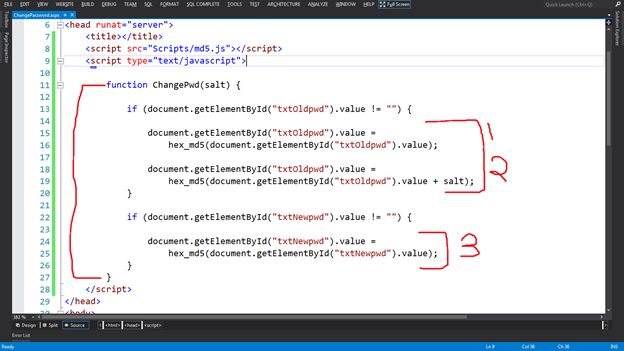


Be sure to type, for example, “MD5”, not “md5”. Note that on Windows 7, the hash algorithms are case-sensitive. Note that the hash algorithms are case-sensitive. Here’s an example of getting the MD5 hash of a file:Ĭertutil -hashfile C:\bat\crashlog.txt MD5 Certutil has many functions, mostly related to viewing and managing certificates, but the -hashfile subcommand can be used on any file to get a hash in MD5, SHA256, or several other formats.

I have been happily using the tiny Bullzip MD5 Calculator to quickly get an MD5 hash directly from the context menu in Windows Explorer.īut what if you need a hash on a where Bullzip isn’t installed? Or a different hash?Įnter certutil, a command-line tool built into Windows.


 0 kommentar(er)
0 kommentar(er)
